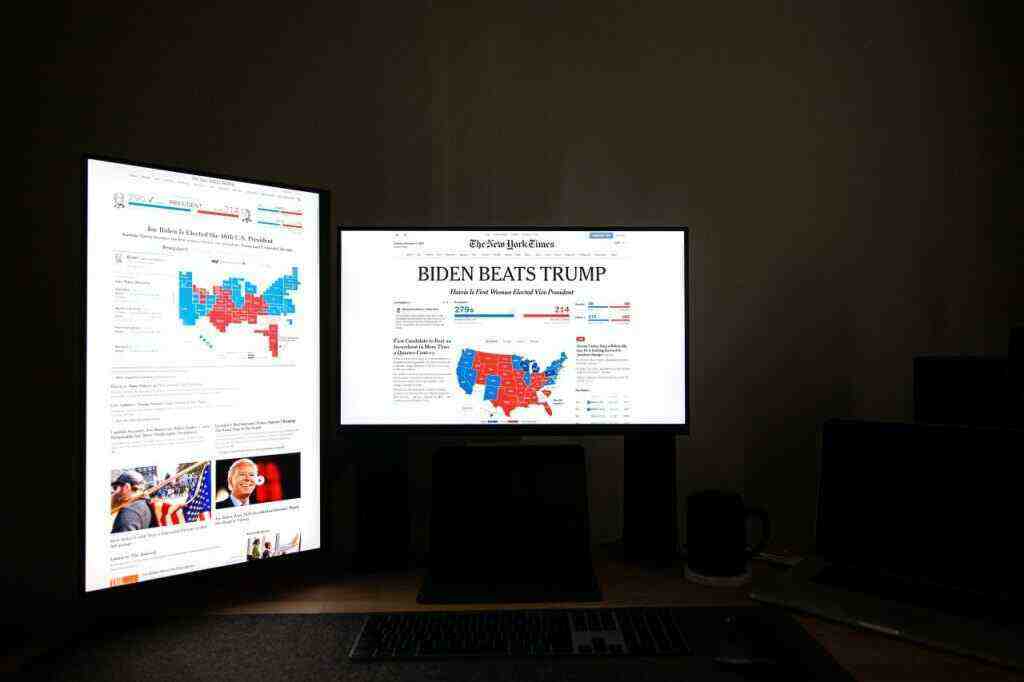Clash Between Biden Administration and Texas Governor Over Border Security: Supreme Court Intervenes
In a significant legal showdown, the Supreme Court has ruled in favor of the Biden administration, allowing U.S. Border Patrol agents to remove razor wire deployed by Texas Governor Greg Abbott along the U.S.-Mexico border. This decision marks a major victory for President Joe Biden in his ongoing dispute with Abbott over border policy.
Supreme Court Ruling: A Setback for Texas’ Razor Wire Initiative
The Supreme Court’s 5-4 ruling, with Justices Clarence Thomas, Samuel Alito, Neil Gorsuch, and Brett Kavanaugh dissenting, overturned a lower court’s injunction that had prevented Border Patrol agents from removing the razor wire. The decision allows the federal government to proceed with its plans to remove the controversial barrier, which has been a source of tension between the Biden administration and the state of Texas.
Escalating Dispute: Razor Wire, Drownings, and a Legal Battle
The legal battle over the razor wire stemmed from Abbott’s deployment of the barrier as part of his border security initiative, which the Biden administration opposed. The issue gained urgency after three migrants drowned in a section of the Rio Grande that state officials had blocked agents’ access to. The Biden administration pressed for the Supreme Court’s intervention, arguing that Texas could not prevent the federal government from enforcing federal law.
Federal Appeals Court Order and Biden Administration’s Response
A federal appeals court had ordered Border Patrol agents to stop removing razor wire along a small stretch of the Rio Grande, prompting the Justice Department to request the Supreme Court’s intervention. The Biden administration argued that the lower court’s injunction violated the Constitution’s Supremacy Clause, which gives federal laws precedence over state laws.
Texas’ Defense: Property Rights, Security, and State Authority
Texas countered that the Biden administration’s actions were unauthorized and violated its property rights and constitutional authority to secure the border. The state argued that cutting the razor wire destroyed state property and undermined border security, incentivizing illegal crossings.
Arguments Presented to the Supreme Court
During oral arguments before the Supreme Court, Solicitor General Elizabeth Prelogar, representing the Biden administration, emphasized that Texas’ actions impeded Border Patrol agents from carrying out their responsibilities and put lives at risk. Prelogar also highlighted Texas’ escalation of efforts to obstruct border patrol duties, including erecting new barriers and gates.
Texas Attorney General Ken Paxton and other state lawyers argued that the Biden administration’s actions were beyond its statutory authority and had nothing to do with inspection, apprehension, or removal.
Supreme Court Decision and Implications
The Supreme Court’s decision to vacate the injunction is a significant victory for the Biden administration and a setback for Abbott’s border security initiative. The ruling allows Border Patrol agents to remove razor wire while the legal challenge to the practice continues.
The decision raises questions about the future of federal-state relations and the limits of states’ ability to impede federal law enforcement.
Reaction and Ongoing Border Security Debate
The White House welcomed the Supreme Court’s ruling, emphasizing the importance of federal responsibility in enforcing immigration law. Texas Governor Abbott’s office maintained its stance that the absence of razor wire encourages unsafe crossings and vowed to continue defending the state’s property and authority to secure the border.
The ongoing debate over border security continues, with the Biden administration calling for comprehensive immigration reform and additional resources to address urgent needs at the U.S.-Mexico border. The Supreme Court’s decision is likely to further intensify the debate and shape the future of border policy.
